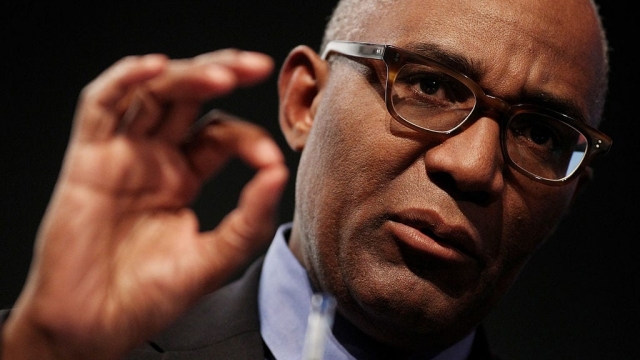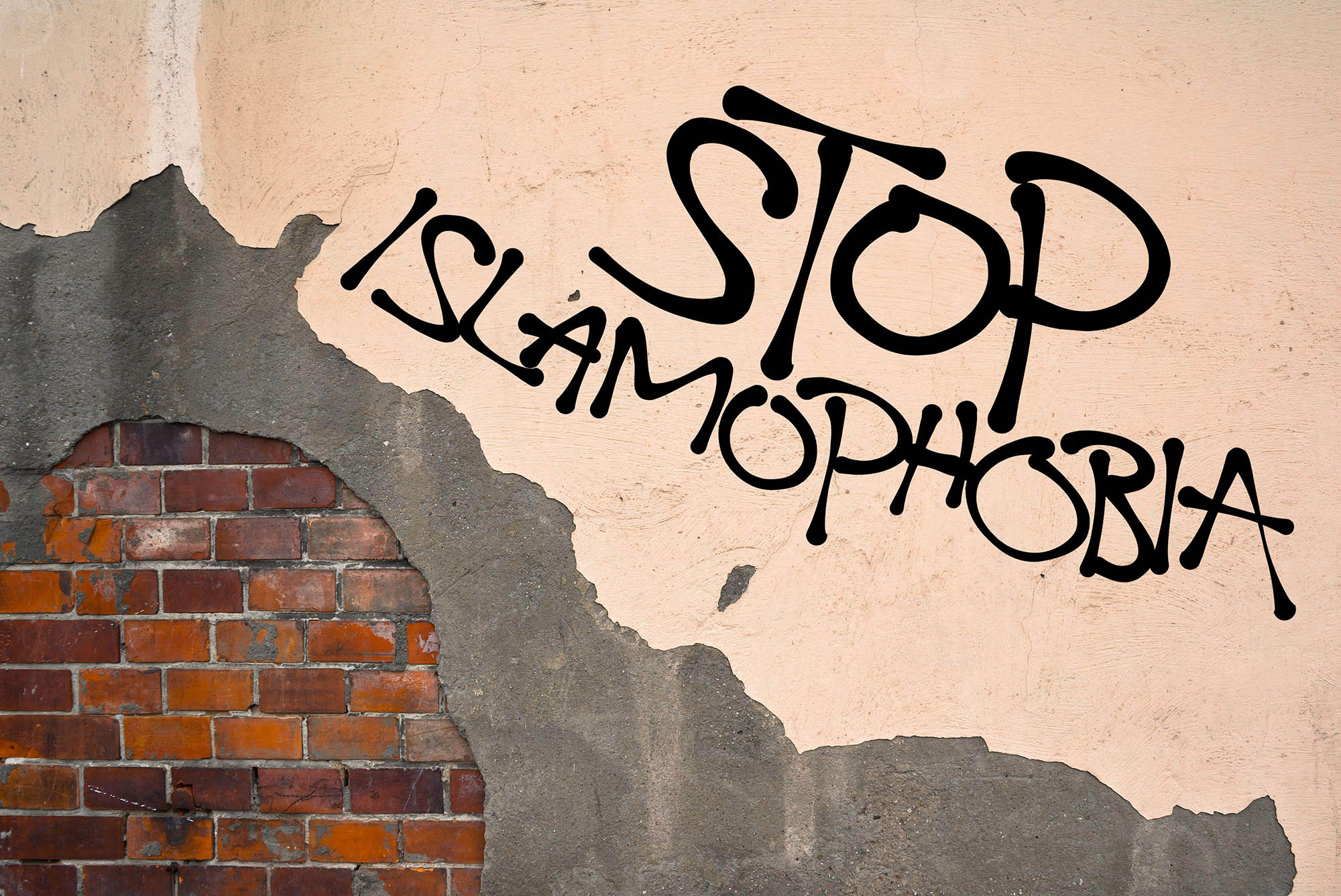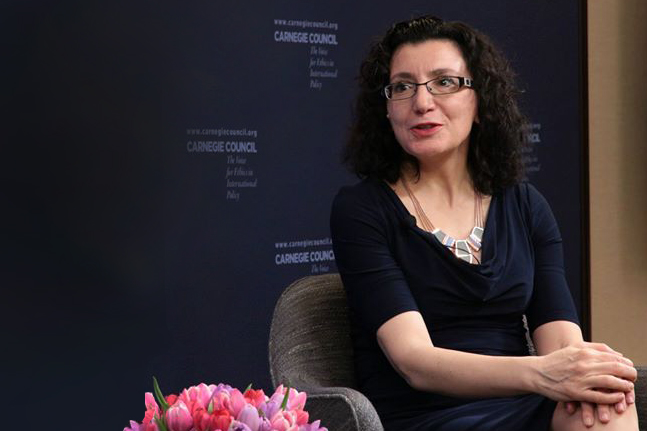This conference focuses on the involvement of Muslims in all aspects of political life in Britain with a particular emphasis on contemporary developments.
Muslims have played prominent roles at all levels of British politics and have been represented in various elected positions since Bashir Maan became a member for Glasgow City Council in 1970. Subsequent milestones have included Muslims first holding posts such as that of Lord Mayor in 1985, MP in 1997, life peer in 1998, Minister in 2007 and the first female Muslim MPs were elected in 2010. For many years the Labour party dominated politics in British Muslim communities and this relationship is still strong. Yet all the major parties now actively seek to court a Muslim electorate as evidenced by the establishment of groups such as the Conservative Muslim Forum.
Despite the impact that Muslims have had on election campaigns and their roles in various political institutions, research on this topic remains scant. Indeed, much of the existing work was couched within the broader areas of the participation of ethnic minorities or the impact of race on electoral politics. The conference hopes to address this lacuna and thereby highlight current research that deals with Muslims and political participation in Britain, whether at local, regional or national levels. It seeks to pay particular attention to how this participation has changed over recent years and identify new trends for the future, although historical reflections are also welcome.
In addition to electoral politics and representation, the conference also seeks the submission of papers on other aspects of civil society such as social movements, trade unions and NGOs as well as papers which give insights into developments in other European countries. Cross-country comparisons which include Britain would be especially welcome.
Contributions could focus on (but are not limited to) the following issues:
– Selection of Muslim candidates by political parties and attempts by parties to reach out to Muslim voters.
– Election campaigns by Muslim candidates including the role of community organisations, mosques and social networking
– Voting patterns amongst Muslim communities. Is there a ‘Muslim vote’?
– Muslim elected representatives in office.
– Community politics, bloc voting and biraderi networks
– Participation in policymaking and implementation as well as in local and national processes of governing
– Contentious politics and campaigning groups e.g. environmentalism, anti-war, global justice movements
– Attitudes to political participation and the political process
– British foreign policy and international conflicts e.g. Kashmir, Israel/Palestine
– Muslim political organisations and umbrella groups both past and present e.g. the Muslim Council of Britain, the Muslim Parliament, British Muslim Forum, British Muslims for Secular Democracy, Sufi Muslim Council, Progressive British Muslims etc.
Please send proposed abstracts of between 200 – 400 words to Dr Timothy Peace [email protected] before 22nd December 2011. Proposals must include a title, your name and affiliation and an e-mail address. After the conference and following peer review, selected papers will be published in either an edited volume or a special issue of a journal.
On the evening of Friday 20th April there will be a public debate on the future of Muslim political participation, featuring a number of elected representatives including Anas Sarwar MP and Humza Yousaf MSP.
Further information about the conference and details of how to register may be found at http://www.alwaleed.ed.ac.uk/
The conference is organised by the Alwaleed Centre at the University of Edinburgh in partnership with the Alwaleed Centre of Islamic Studies at the University of Cambridge and the Muslims in Britain Research Network (MBRN).





